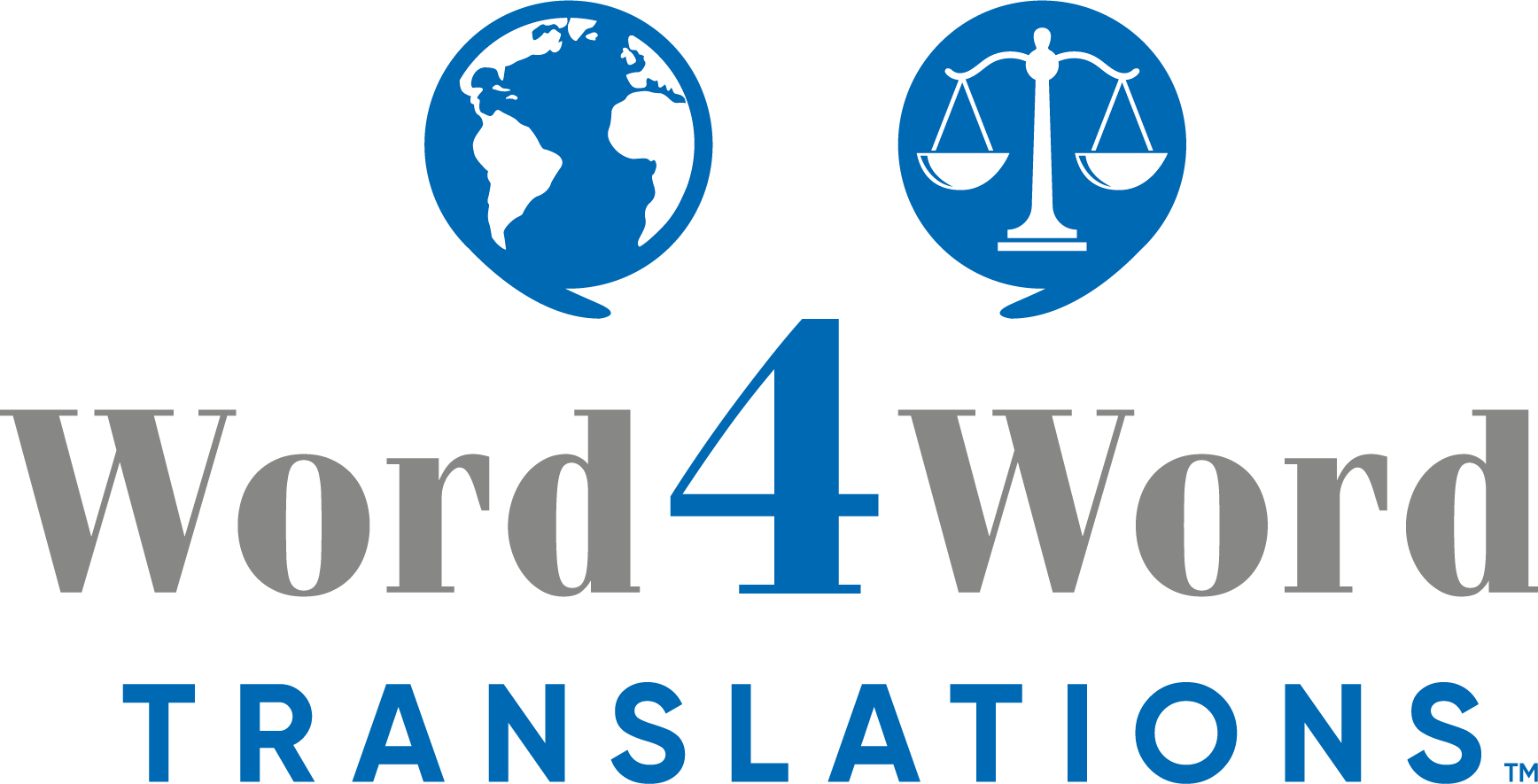Understanding Laws Across Languages: The Vital Role of Multilingual Statutory Interpretation

Navigating legal language is challenging in any context. When multiple languages come into play, the complexity increases exponentially. Multilingual statutory interpretation is the unsung hero in this scenario, ensuring that laws are understood universally, thereby safeguarding equal access to legal rights and information for all.
The Complexity of Legal Language
Legal language is notoriously dense and technical, even for native speakers. When laws are interpreted across languages, the stakes are high. Every term and phrase must be meticulously translated to preserve its original intent and legal weight. This process is not merely about converting words from one language to another but about bridging cultural and linguistic gaps to maintain the integrity of legal principles.
Why Multilingual Statutory Interpretation Matters
1. Promotes Inclusivity and Equality
In a multicultural society, many individuals may not be fluent in the dominant or official language. Without access to legal information in their native languages, they are at a significant disadvantage. Multilingual statutory interpretation ensures that everyone, regardless of linguistic background, can understand their rights and obligations under the law. This is a cornerstone of legal equality and social justice.
2. Ensures Fairness in Legal Proceedings
In legal proceedings, the precise meaning of statutes can significantly impact outcomes. Misinterpretations due to language barriers can lead to unjust decisions. By providing accurate translations, multilingual statutory interpretation helps ensure that all parties are on equal footing, allowing for fair and just legal processes.
3. Supports Legal Practitioners
Lawyers, judges, and other legal professionals rely on accurate interpretations to perform their duties effectively. Multilingual statutory interpretation provides them with the tools they need to understand and apply the law correctly, even in cases involving non-native speakers. This support is crucial for the proper administration of justice.
The Challenges of Multilingual Statutory Interpretation
Despite its importance, multilingual statutory interpretation faces several challenges:
1. Technical Accuracy Legal terminology is highly specialised
Translators and interpreters must have a deep understanding of both legal concepts and the languages they work with to ensure accuracy. This requires extensive training and expertise.
2. Cultural Nuances
Legal systems and cultural contexts vary widely. Interpreters must navigate these differences carefully to ensure that translations are not only linguistically accurate but also culturally appropriate. This adds an additional layer of complexity to their work.
3. Resource Limitations
High-quality interpretation and translation services can be resource-intensive. Ensuring that these services are available to all who need them, especially in diverse and multilingual societies, requires significant investment and commitment.
Conclusion
Multilingual statutory interpretation is a vital component of a just and equitable legal system. By bridging language barriers, it ensures that everyone has access to legal information and can fully exercise their rights. As our societies continue to grow more diverse, the importance of this work will only increase, highlighting the need for ongoing support and development in this crucial field.
We specialise in legal translation services that make understanding laws across languages not only feasible but also seamless. We believe that accurate and accessible legal information is essential for justice and equality. Our expert translators are committed to breaking down language barriers to make justice accessible to all.
